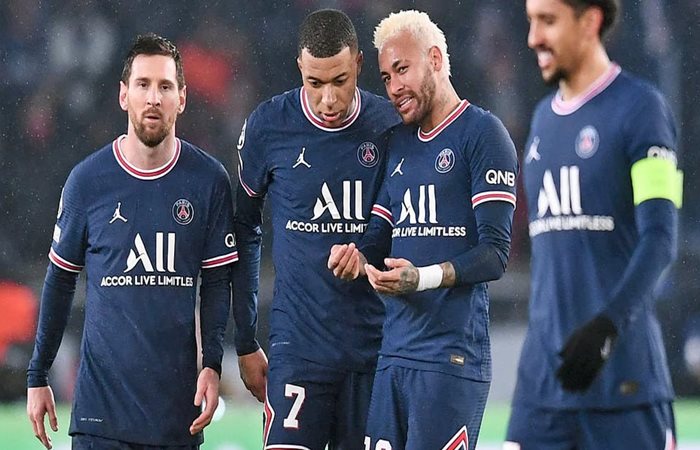
Paris Saint-Germain’s (PSG) ambitious project, backed by the significant financial muscle of the Qatari Sports Investment (QSI) group, was supposed to elevate the club to European glory. However, it has resulted in a €1.9 billion investment that has not yet yielded the highly sought-after Champions League title. With their latest defeat against Borussia Dortmund in the Champions League semi final, questions abound about the future of the club and its marquee star, Kylian Mbappe.
The Costly Quest for Champions League Glory
The defeat against Dortmund once again exposed PSG’s inability to break through the Champions League barrier, leaving many to wonder what’s next for a club that is about to lose its star forward. When asked whether he would support Real Madrid or Bayern Munich in the Champions League final, Mbappe simply rolled his eyes and walked away, likely frustrated at the mention of his future club, Real Madrid.
PSG president Nasser Al-Khelaifi did not take kindly to questions about coach Luis Enrique’s job security, suggesting that those asking such questions lacked football knowledge. However, it is Al-Khelaifi himself who might benefit from reflecting on the club’s struggles and what they mean for the future of PSG.
A Decade of Disappointment
PSG’s journey with QSI has been a story of immense financial outlay without the anticipated results. The club has spent around €1.9 billion on acquiring top talent, including Mbappe, Neymar, and Lionel Messi, yet the Champions League trophy remains elusive. Building a team around Mbappe has not been successful, leaving the club at a crossroads.
The economic gains have been significant; PSG’s value has soared from €70 million in 2011 to an estimated €4.25 billion today. The club has risen to third in the Deloitte Football Money League, thanks to Al-Khelaifi’s keen business acumen. But the on-field results have not matched the off-field success.
A Misguided Strategy
Al-Khelaifi initially promised that PSG would dominate European football within four years, but nearly a decade later, the dream remains unfulfilled. The signing of Messi at the age of 34 on a colossal contract epitomized PSG’s desperation and obsession with high-profile players. The move drew criticism from fans, who saw it as a marketing ploy rather than a sporting strategy.
PSG’s troubles intensified with the fallout between Neymar and Mbappe, shifting from friends to foes and creating division in the squad. Even the recruitment of other star players like Gigi Donnarumma, Sergio Ramos, and Gini Wijnaldum did little to change the club’s fortunes in Europe.
The Mbappe Dilemma
Former sporting director Leonardo concluded that Mbappe might be part of the problem rather than the solution for PSG. He argued that the club’s reliance on Mbappe has not led to Champions League success and that perhaps it’s time for the forward to move on.
RELATED: See What Victor Boniface Said After Europa League Loss To Atalanta
Despite this, PSG backed Mbappe in his power struggle with Neymar and made several signings to support him. The recent acquisitions of Ousmane Dembele and Randal Kolo Muani were made with Mbappe’s preferences in mind. Yet the results have been underwhelming, and Mbappe’s future with the club remains uncertain.
The Future of PSG
Al-Khelaifi’s assertion that PSG is building a long-term project with the youngest squad in Europe is an attempt to maintain optimism. Fans, too, seemed hopeful after the team’s recent loss, suggesting they might get their club back as QSI reassesses its approach.
Mbappe was meant to be the cornerstone of PSG’s project, but his impending departure casts doubt on the entire QSI endeavor. Without the star power of players like Mbappe, Neymar, and Messi, PSG risks losing the allure that has attracted fans and sponsors over the years.
In the absence of their poster boy, PSG must find a new direction. The future of the club hinges on whether it can transition from a star-studded team to a cohesive, successful unit. The real question is whether the club can redefine its identity and regain its former glory in European football.




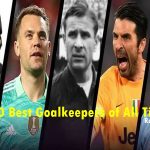



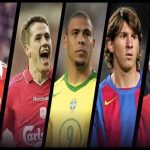

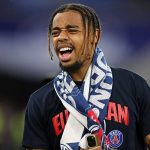
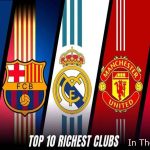
 Arsenal’s Key Signings: Noni Madueke and Martin Zubimendi Set to Shine in Title Fight
Arsenal’s Key Signings: Noni Madueke and Martin Zubimendi Set to Shine in Title Fight  Nottingham Forest Transfer News: Nuno Espirito Santo Voices Squad Concerns Ahead of New Season
Nottingham Forest Transfer News: Nuno Espirito Santo Voices Squad Concerns Ahead of New Season  Manchester United Transfer News: Ruben Amorim Weighs In on Midfield Recruitment Amid Carlos Baleba Links
Manchester United Transfer News: Ruben Amorim Weighs In on Midfield Recruitment Amid Carlos Baleba Links  Arsenal’s Aerial Ace Gabriel Magalhaes: The Key to Stifling Manchester United’s Benjamin Sesko
Arsenal’s Aerial Ace Gabriel Magalhaes: The Key to Stifling Manchester United’s Benjamin Sesko 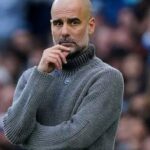 Manchester City Injury Update: Rodri and Foden Available for Wolves Opener, While Four Players Sidelined
Manchester City Injury Update: Rodri and Foden Available for Wolves Opener, While Four Players Sidelined  Arsenal Injury Update: Leandro Trossard Set to Be Available for Manchester United Clash
Arsenal Injury Update: Leandro Trossard Set to Be Available for Manchester United Clash  Liverpool’s Virgil van Dijk Calls for Squad Strengthening Amid Alexander Isak Links
Liverpool’s Virgil van Dijk Calls for Squad Strengthening Amid Alexander Isak Links